Religion
In this section religions, religious belief and many elements of religiosity are explored and discussed. Early pagan beliefs in Britain and Ireland to the worship of gods across Europe are explored as are the religious changes that monotheism introduced. How religion affects themes of power, individuality and architecture are debated as are key historical movements such as the Reformation and the crusades.
Sort by:
Date (Newest first) | Title A-Z
Show:
All |
Articles |
Podcasts |
Multipage Articles
-
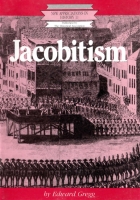
Jacobitism
ArticleClick to view -
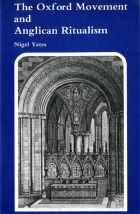
The Oxford Movement and Anglican Ritualism
ArticleClick to view -
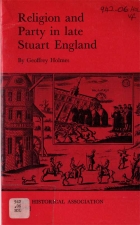
Religion and Party in Late Stuart England
ArticleClick to view -
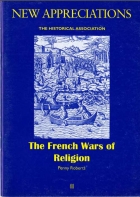
The French Wars of Religion
ArticleClick to view -

Christopher Hill: Marxism and Methodism
ArticleClick to view -

Thomas Muir and the 'Scottish Martyrs' of the 1790s
ArticleClick to view -

Beware the serpent of Rome
ArticleClick to view -
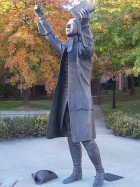
John Wesley at 300
ArticleClick to view -

Protestantism and art in early modern England
ArticleClick to view -

Religion and Science in the Eighteenth Century
ArticleClick to view -
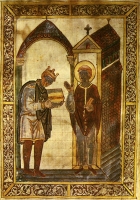
Bede's Ecclesiastical History of the English People
ArticleClick to view -
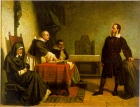
The New History of the Spanish Inquisition
ArticleClick to view

